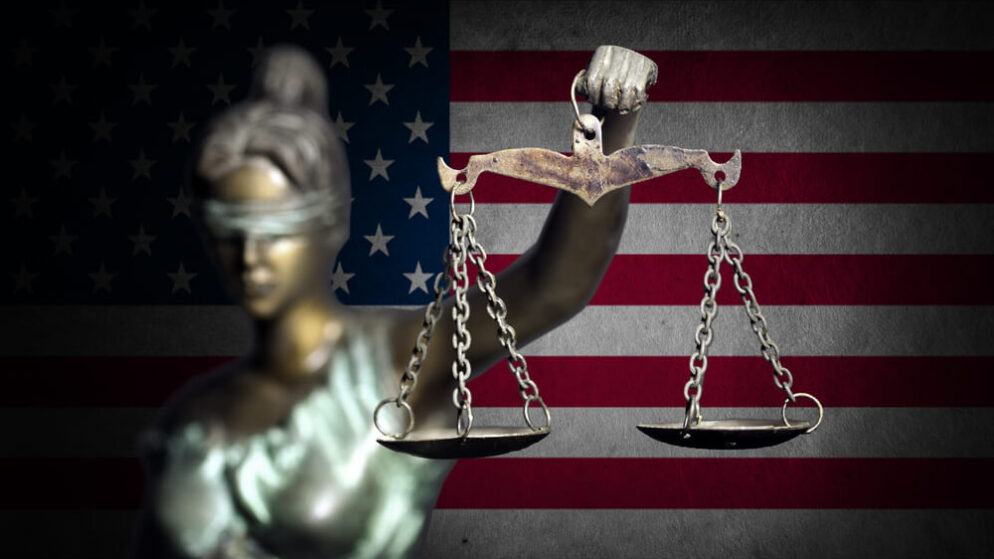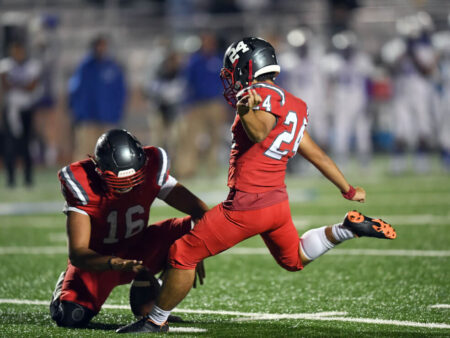

The road to legal sports betting in Florida has been rocky, to say the least. Thanks to conflicting interests, legal complexities, and political challenges, the process of regulating sports betting in the state hasn’t been as smooth as expected. Since the Supreme Court decision turned the tide for the country’s sports betting market, Florida has worked tirelessly to ensure it reaps the benefits of legal betting.
As soon as the Supreme Court struck down the federal law that had effectively made sports betting illegal in most states, voters in Florida promptly passed a referendum. This 2018 referendum required further referendums for legal gambling expansions, but it made an exception for casino gambling on tribal lands.
Since first agreed, the state’s compact with the Seminoles has been disputed several times in courts
When gambling was legalized in 2018, it allowed sports gambling in the country except for casino betting on tribal lands. Florida, therefore, passed a rule that allowed gambling on tribal lands under specific conditions in the Seminole Tribe Compact. According to this compact, anyone in Florida could bet on mobile devices at the Seminole Tribe’s casinos if the servers were on tribal land.
The compact stated that these bets would be considered legal and valid where they were received, as long as they were made exclusively on tribal land. But legal challenges worsened when brick-and-mortar casinos opposed this agreement, arguing that the compact was not in line with federal law. Judge Dabney L. Friedrich originally supported the retail casinos, stating that the compact’s key phrase was not accurate.
Much later, a 3-judge panel of the Court of Appeals reversed Freidrich’s decision. According to this decision, the compact effectively gave the Seminole Tribe of Indians statewide monopoly to offer online sports betting while simultaneously making it a felony if sports betting is offered by anyone from a different ethnicity or national origin, thus raising grave equal protection issues.
In a recent legal development, the Supreme Court’s Justice Brett M. Kavanaugh clarified that the Florida Supreme Court was presently examining state-law issues regarding the tribe’s potential off-reservation gaming activities.
This ongoing review is anticipated to clarify the legalities surrounding the Seminole Tribe’s gaming operations, ensuring that the matter is resolved within the legal framework of the state. Ultimately, the resolution of the legality of the 2021 compact will be determined by the Florida Supreme Court, providing a definitive conclusion to the complex legal situation.
Why has the road to legalization been so difficult in Florida?
The process of legalizing sports betting in Florida has been thorny for several reasons. One of the biggest hurdles has been negotiating agreements with the Seminole Tribe, which operates several casinos in Florida. Any expansion of gambling, including sports betting, requires agreements with the tribe.
Negotiating terms that are agreeable to both the tribe and the state has taken time and effort. Legal challenges regarding the constitutionality of gambling expansion bills have also been significant. Florida’s constitution requires any gambling expansion to be approved by voters, which has complicated legislative efforts to expand sports betting.
The presence of these established tribal casinos in Florida has also added a layer of complexity. Ensuring that sports betting legislation does not undermine the agreements with tribal casinos while also allowing for fair competition has been a challenge.
Plus, the issue of gambling often involves various political interests. Different factions within the state, including politicians, lobbyists, and anti-gambling groups, have all had differing opinions on the legalization of sports betting. The process of navigating these interests and finding a consensus has proven extremely challenging. As such, creating a regulatory framework for sports betting that satisfies all stakeholders and ensures the integrity of the games has been a complex task.
Online sports betting was up and running in Florida for only 34 days before being suspended. However, if the legal proceedings are finalized soon, sports betting could return to the state by early 2024. The potential reintroduction of online sports gambling in Florida could have significant economic and social impacts.
For instance, legalized online sports betting can generate substantial tax revenue for the state. Revenues collected from online sports betting activities will most likely be allocated to public services, infrastructure, and education, benefiting the overall state economy. The establishment of online sports betting platforms is also expected to create jobs in various sectors, including technology, customer service, and marketing.
Since Florida is a popular tourist destination, legal online sports betting could attract more tourists, especially sports enthusiasts, boosting the state’s tourism industry. Plus, if the market is legalized, it will allow the state to implement responsible betting measures. Under the watchful eye of the state’s regulatory body, licensed operators will be required to promote responsible gambling practices and provide resources for individuals facing gambling-related issues.
Not to mention that without a legal sports betting market, Florida has been losing out to other states that have thriving online sports betting markets. These states include Delaware Pennsylvania and New Jersey. Florida’s suspension of online sports gambling means it’s losing out on potential revenue to these states.
In summary, the reintroduction of online sports gambling in Florida could offer substantial economic benefits, create jobs, and enhance tourism. However, the state needs to balance the economic advantages with responsible gambling measures to ensure the well-being of its residents. Additionally, considering the competitive landscape in neighboring states, Florida would need to strategize effectively to attract users and retain its market share once online sports betting is permitted again.
Final Thoughts
In the tumultuous journey toward legalizing sports betting, Florida has encountered a maze of legal complexities, political challenges, and conflicting interests. The process of negotiating agreements with the Seminole Tribe and navigating the complex constitutional requirements have all made the process supremely challenging.
The legal battles, especially concerning the 2021 compact with the Seminole Tribe, have added layers of complexity. The crux of the matter lies in the delicate balance between honoring tribal agreements, satisfying numerous political factions, and ensuring fair competition. However, recent developments, including the Supreme Court’s involvement and the ongoing review by the Florida Supreme Court, signify potential clarity for the market.



